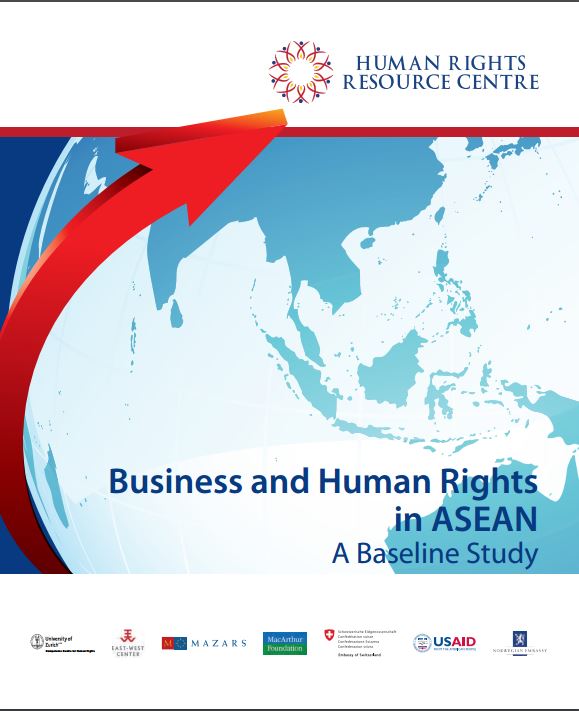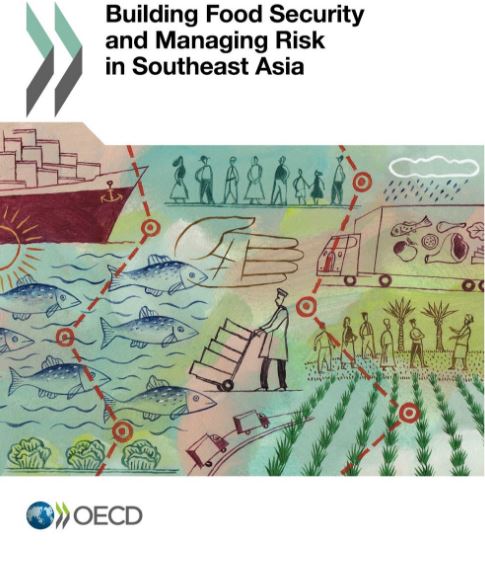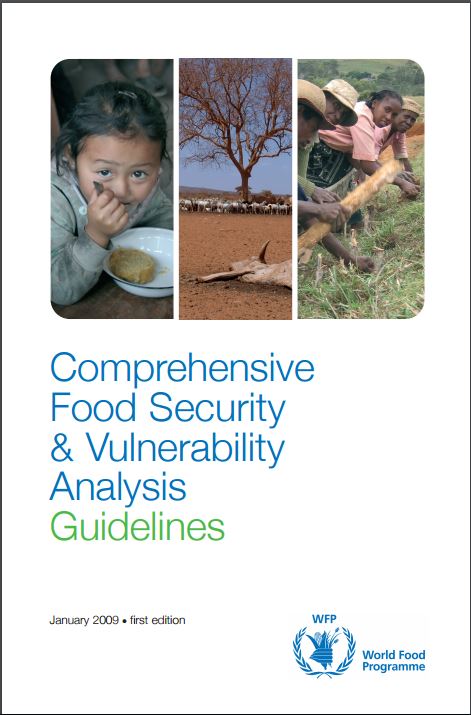
The Regional Business Integrity Conference was organised by the ASEAN CSR Network (ACN) on 6 March 2017 in Singapore. It served as a platform for different stakeholders to discuss potential solutions to fight against corruption and restore business integrity in ASEAN, creating a level playing field and promoting long-term sustainability and success for businesses as well as the ASEAN region as a whole. Click here to read the conference report. To find copies of the presentations and speeches, please click here.




